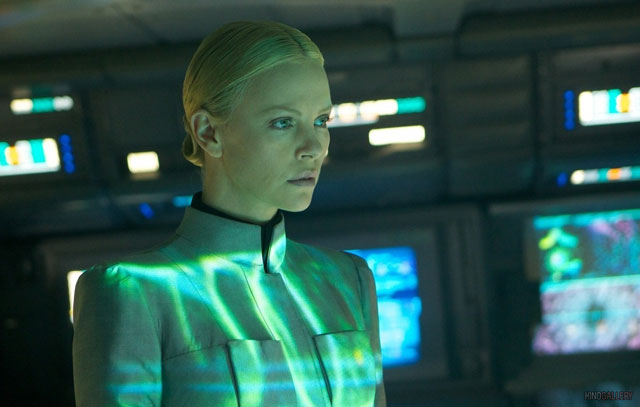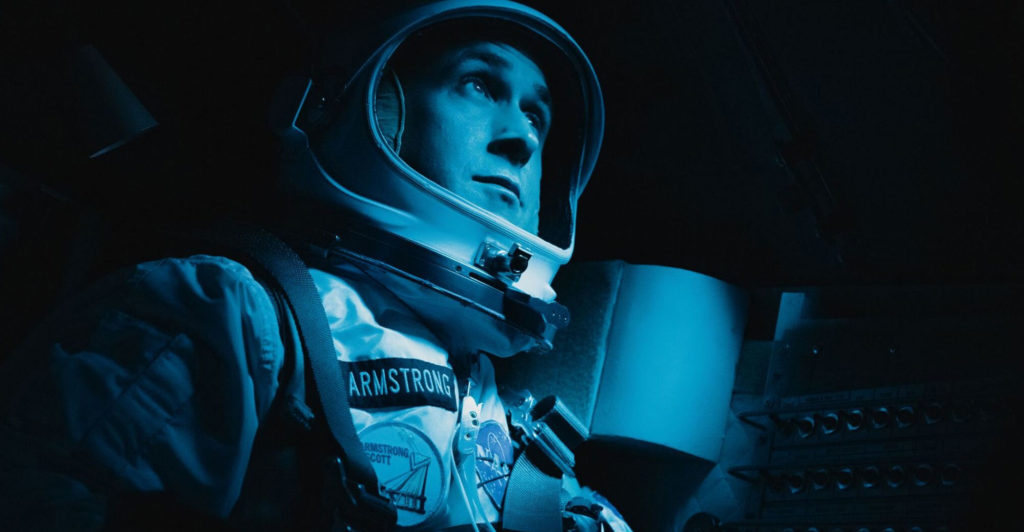Few films arrive as burdened by expectation as Prometheus, Ridley Scott’s eagerly awaited prequel to his 1979 space horror flick Alien. Though it can’t live up to the years of hype, Prometheus is the most interesting sort of failure and the most glorious sort of mess because it sets its sights high.
Prometheus is the first science-fiction film from Scott since Blade Runner some 30 years ago. The events in the film take place in the same fictional universe as Alien, ahead of the alien infestation Ripley survived in the original film.
A crew of explorers and scientists funded by the Weyland Corporation are sent to a distant galaxy to make contact with the alien race thought to have created humanity many millennia in the past. When they arrive at their destination, it is not a planet of benevolent extra-terrestrials that they discover, but — spoiler alert — something rather more terrifying.
The biggest fault of Prometheus lies in its script, which features some odd discontinuities in character behaviour as well as some wooden, ponderous dialogue. It’s also unable to reconcile its dual personality as a slice of cerebral sci-fi and a straight-up monster movie. The result is that neither aspect is as satisfying as it could be.
Though a spiritual successor to a film that simply gave the haunted-house story a twist of space horror, Prometheus is a film of heady themes. Where did we come from? Where are we going? Are people becoming more like machines as machines become more like people? How can a person who just stapled her ripped-up stomach back together run so fast and so far?
The first half of the film — channelling 2001 as much as Alien — is fascinating in the bold questions that it asks and the mythology it creates. But the second half, when Prometheus turns into a blood-spattered creature-feature, is unable to deliver on the tantalising ideas that the early acts raise.
Either the film has no answers, or it is holding onto them for the inevitable sequel. Worse, perhaps, is the fact that the horror sequences of the film lack Alien’s tautness and sense of dread.

Prometheus is worth seeing for the sheer artistry of its visuals alone. It’s a film that uses the latest special effects wizardry to create a believable world of mundane detail, breath-taking wonder and visceral terror. The creature designs are near the equal of HR Giger’s iconic original Alien and the clinical ship interiors bring to mind Kubrick. There are a few stunning action sequences and some gut-churning body horror, too.
Most of the acting is also worthy of praise. Michael Fassbender as the android David turns in yet another excellent performance. His wry depiction of the detached robot adds a little humour to a film that takes itself a little too seriously at times. Charlize Theron as a brusque control freak in the employ of the Weyland Corporation is a credibly cold villain.
The least convincing performance, perhaps, comes from Swedish actress Noomi Rapace as a feisty young researcher who has dedicated her life to finding humanity’s creators. She appears to have been picked for her role mostly for a superficial resemblance to a young Sigourney Weaver, but she lacks Weaver’s grit.
Scott’s fingerprints are on every frame of Prometheus, making it feel wonderfully individual in an era of copycat blockbusters. There’s something in it that reminded me of Steven Spielberg’s AI, a film just as awkwardly ambitious and frustratingly flawed. Prometheus is left grasping at empty air by its end, but at least it tries to reach for greatness. — (c) 2012 NewsCentral Media




